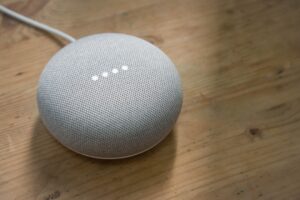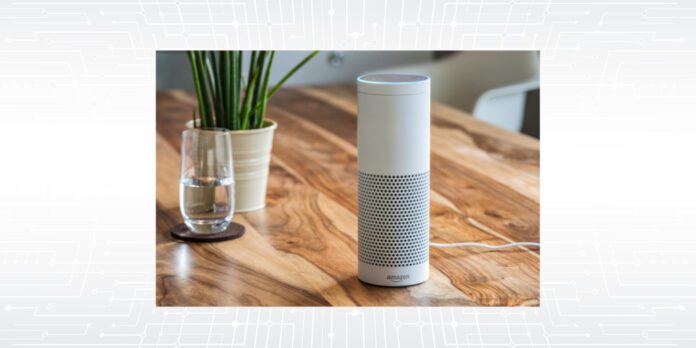Say goodbye to the days of The Clapper. Home automation, technology that controls devices in the home hands-free, has been turned upside down and it’s been a windfall for the disability community. This windfall comes in the form of two beautiful names: The Echo and the Google Mini.
Before this technology arrived, home automation used to cost thousands of dollars. Now you can set up this tech in your home for less than $100. And if you need it to do more tasks, it only costs a few hundred more; not anywhere near thousands of dollars.
And the tasks people use their Amazon Echo ($99) and Google Minis ($49) to complete is life-changing. One of the most common tasks, other than controlling the TV, music and calls, is turning on the lights. Both the Echo and Mini can turn on the lights when used with smart switches/smart plugs (WiFi bulbs too). In fact, the entire home can be made ‘smart.’
The Echo has ‘Dots’ as well that you put throughout your home to expand it’s reach, and it even comes with a mouth stylus (to use with a tablet) for those with high spinal cord injuries.“I use the Echo/Alexa for lights, thermostat, making calls, and using DishNetwork,” says Alan, who has a C2 injury.
Both machines can also learn ‘routines,’ such as turning down your heat at night or making coffee at 6 am. “When I say ‘Good morning,’ it greets me with the weather, news, starts coffee, turns on the lights and sets the thermostat,” says Timm Aguirre, a quadriplegic from Arizona. “How it helped with my independence is amazing. When it’s cold at night and I’m in bed, I can warm the house with a simple voice command.”
And the security feature of calling in emergencies is huge. “My daughter (a C5 quad) is away at college and just started using the Echo. I like it because it’s always plugged in (not charging) and provides redundancy backup for emergency calls should she need help (after dropping her phone or if the phone is dead),” says Michele Thury, a mom from Minnesota.
Jan Scheuermann, a C2quadriplegic, uses her Echo for the same reason. “I was always worried if I was alone and needed help that there was no way to call out. Now I can just say ‘Alexa, dial 911.’ What a relief!” Kara Ayers meanwhile, a wheelchair-user and mom, has found her Echo to help with parenting. “I use our Echo dots as an intercom. I can play music in all of the house’s rooms. We have different songs that mean different things too (time for bed, food is ready, etc).”
Technology truly is a game-changer once again. Tech that has long been considered out of reach for many with disabilities has now come into play for millions around the globe. And for those in countries where access to occupational therapists is minimal, this is especially monumental. Having a chance at achieving a higher level of independence is always something every person with a disability deserves.







